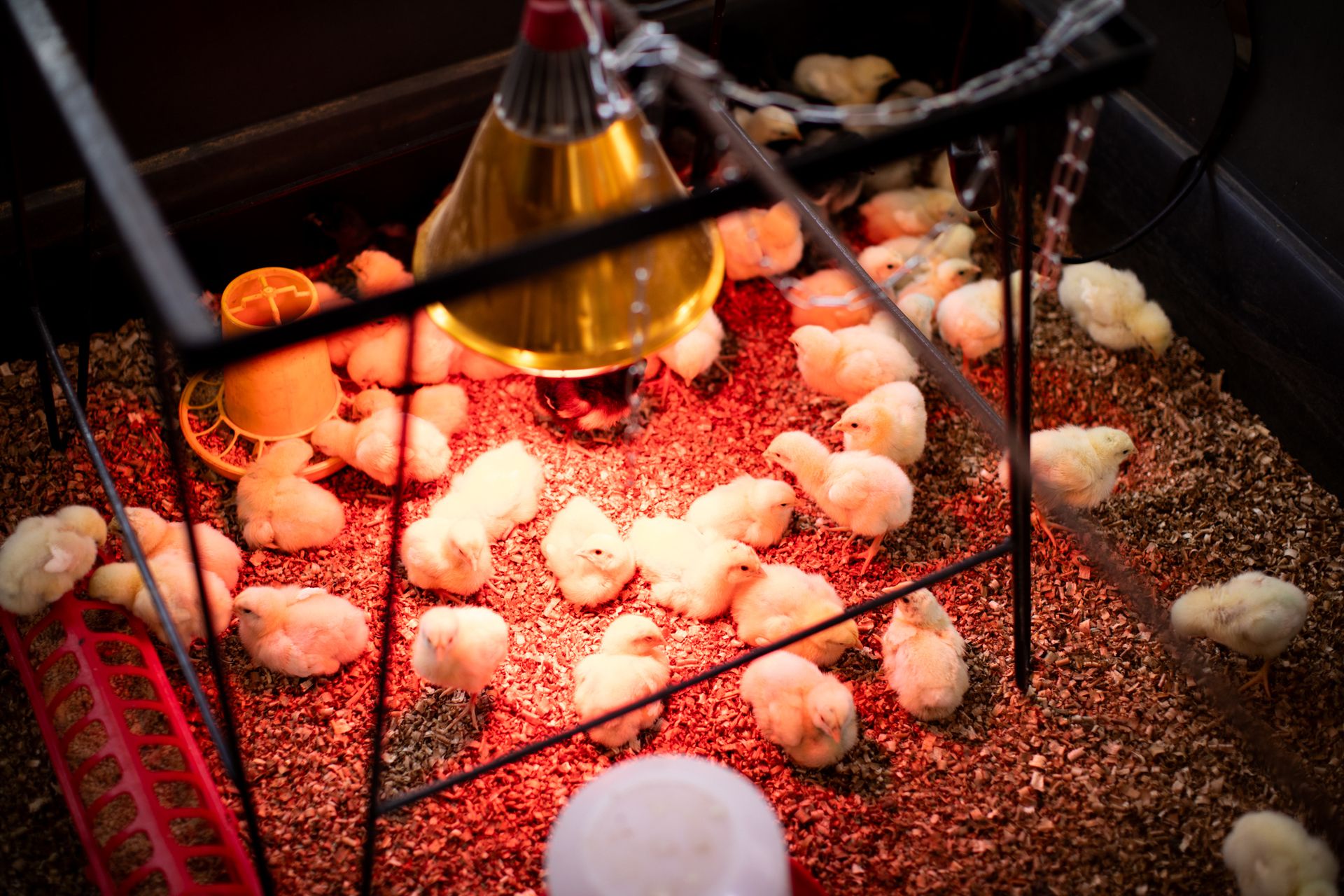- Heart & Soil Newsletter
- Posts
- Growing Mondays: We are part of Nature
Growing Mondays: We are part of Nature
Fish swim, birds fly; (wo)man thinks and learns
Hi! I'm Jo, writing from Heart & Soil homestead, a 1-acre homestead in the Far South of Cape Town, South Africa. Every week I share inspiration and education for your growing journey. Thanks so much for reading!
Welcome to Growing Mondays, where I talk about growing- vegetables, fruits, animals and, well, people. This week I talk about the cycle of expansion and contraction in human-scale farming systems.

Big thanks to Candice Douglas who took this week’s beautiful photos
Fish swim, birds fly; (wo) man thinks and learns
This time of year, everything speeds up.
Babies are hatching, vegetable growth (and death) is accelerating, and life is bursting out everywhere.
There’s so much life exploding around us that there comes a moment where we reach capacity. If we don’t follow the patterns closely, we overshoot, and that’s when we start to see illness and conflict (in humans, animals, and in plants).

carrots seeding, Pride of madeira on right just finished flowering. You can see where our mountain burned last week.
As growing speeds up, it helps me to think about how we are part of nature. Our nature— our desire to control and expand and learn and grow— is something to be curious about. We needs these cycles of rest and growth, and good, meaningful work, and we don’t always know the limits of our systems until we live them.
This is where retaining human-scale systems can be helpful. We are close enough to the growth that ideally we can avoid the impulse to grow beyond human-scale— to remove ourselves from nature. Making compost, watching for disease and pests, preparing natural remedies, are all very hands on ways to promote health in our systems— and all difficult if we go beyond our human-scale.

We can grow day-old chicks well and without disease or predators indoors… at least for a while… each spring. And the questions are always around why and for how long and to what extent this helps our community.
Because this is in our home, we cannot be progressively removed from the welfare of the animals we are caring for, as sometimes occurs at larger scales. But even on a small scale indoors, the environment can become problematic very quickly, so timing and planning… and humility… is important for good lives.
Permaculture, organic agriculture, biodynamic growing, all give us clues to how to grow well. Yet they are only ever clues. These frameworks should never be a whole identity of a space or person. Our farm grows in collaboration, in a million interactions between animals and plants and bacteria and humans and fungi.
For example, every few years, after saying yes a few times, and getting good at keeping young animals alive, we find ourselves with hundreds of chickens, quails and ducks. Here, having some guidelines written down can help: no new batches of chicks unless we have a dedicated enclosure. No adoptions. Only as much as scraps and soldier fly allow. That is the theory.
In practice, though, it is a constant negotiation, overlaid with experience. The balancing of freedom and connection and stewardship— of viability and productivity and the limits of human time and energy.

miracle duckling is thriving, but has to be out and about with us much of the day to feel happy.
So here’s to seeing our own nature and how this fits with keeping things human-scale. Not allowing our systems to get so big we are removed from them.
Workshops
LAST OFFICIAL WORKSHOP OF THE YEAR!!!! If you have a company group or a group of family or friends that you’d like to learn composting, growing, chicken rearing, sourdough baking, cheesemaking or some other topic, let me know. It could be a fun way to connect with colleagues, friends and family. |

It’s the end of some of spinach’s lives, but I have to be careful of frogs when cutting things back…
If you are enjoying our newsletter, consider forwarding on to someone in your community. If you received this from a friend, you can sign up here

Reply